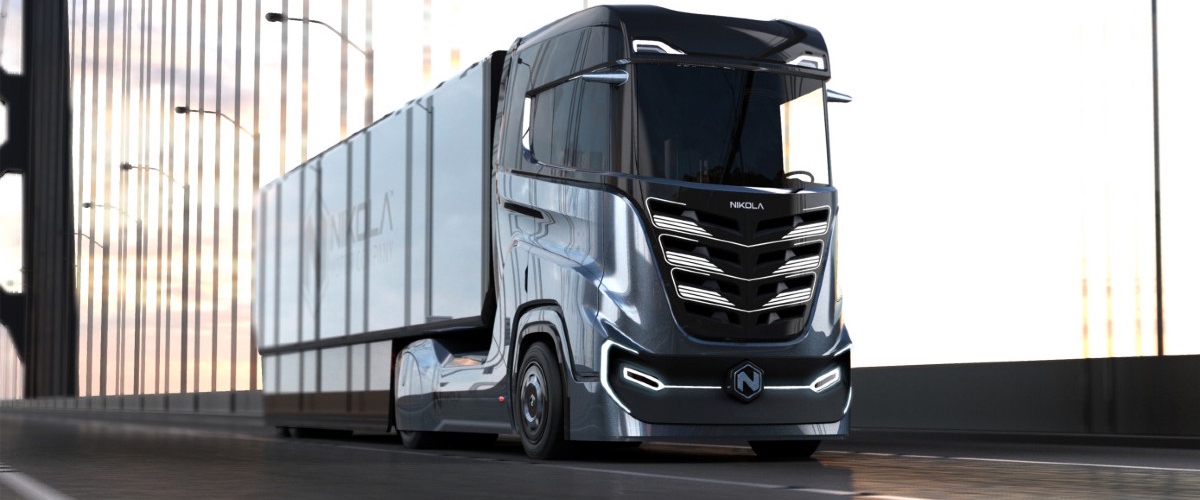
Nikola startup has started mass production of Tre electric trucks
The Arizona – based company launched production of an electric version of the Tre heavy truck earlier than its competitor Tesla. Assembly of the machines began on Monday, deliveries are scheduled for the second quarter, according to the startup’s management.
The company introduced the first concept of a hydrogen fuel cell truck back in 2016. Its impressive characteristics attracted customers — it was reported that the power of the truck’s electric motor will be 1000 hp, and the Power Reserve will be 1600 km. In 2018, the second and third versions appeared, also warmly received by potential customers.
However, in 2020, there was a serious problem: its founder Trevor Milton, accused of fraud against partners and investors, left the post of chairman of the board of Directors of the company. He was replaced by Stephen Girsky, the former vice head of General Motors, who previously announced a partnership with the startup and joined its investors, buying out 11% of the company. However, the company’s shares fell in price, and several major customers refused their contracts.
And yet, by the end of last year, the situation began to improve. California-based logistics giant TTSI has agreed to purchase 100 Nikola trucks, both all-electric and hydrogen fuel cell models. And now, at a plant in Coolidge, Arizona, production of an electric version of the Tre tractor has begun, CNBC reports.
It is designed for shorter routes than the hydrogen model — about 560 km. Nikola is going to deliver from 300 to 500 units this year, and in 2023 increase production volumes.
At the same time, the company does not plan to abandon hydrogen fuel cell models with a power reserve of up to 800 km, which are necessary for long-distance cargo transportation. There are also plans to design and produce a fourth-generation truck that will have enough clean fuel for 1,400 km. Such a truck may appear in 2025.
But scientists from Germany do not believe in the future of transport on hydrogen fuel cells. They believe that in the near future, hydrogen — powered cars will lose their main advantages over electric vehicles-a large power reserve and charging speed, so automakers should now abandon their development and production.

